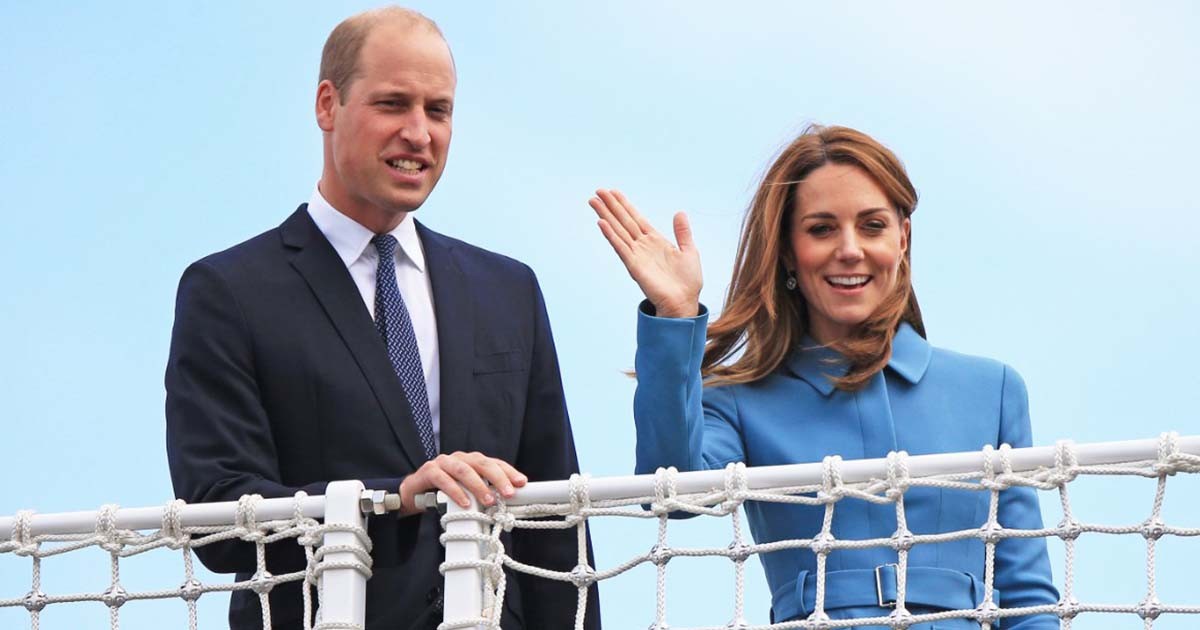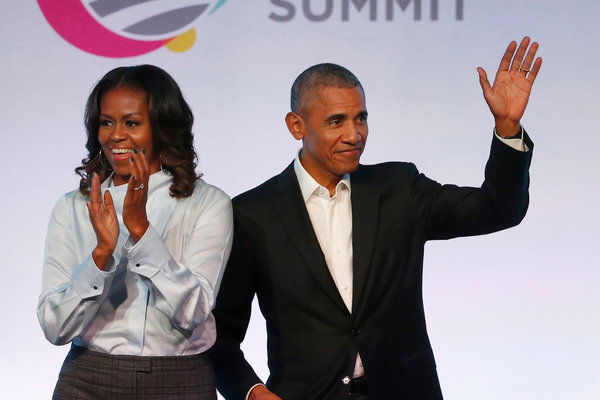Israeli Prime Minister Benjamin Netanyahu has given a strong reaction to the recent announcements of recognition of a Palestinian state from the United Kingdom, Canada, and Australia, calling the move a prize for terrorism and warning that it threatens Israel’s existence.
Netanyahu: Reward for Terrorism
He gave his statements ahead of the meeting with US President Donald Trump, signaling that Israel will give a stern response and might pursue further settlement expansion and possible annexation in the West Bank. The UK and Australia join the 140 countries that have announced their recognition of the Palestinian state. Netanyahu described the move by the UK, Canada, and Australia as “slanderous propaganda aimed at us” and warned that the Palestinian state would endanger the existence of Israel and constitute an “absurd prize for terrorism”.
Netanyahu, whose far-right government has been labelled as the most hawkish government in Israel’s history, vows that Israel will fight these recognitions at the United Nations as well as other international forums. He also possibly hinted at internal deliberations over annexation plans in the occupied West Bank. Netanyahu added that a more detailed response would follow his meeting with US President Donald Trump, scheduled this week, underscoring the centrality of American support in his diplomatic strategy.
Today, to revive the hope of peace for the Palestinians and Israelis, and a two state solution, the United Kingdom formally recognises the State of Palestine. pic.twitter.com/yrg6Lywc1s
— Keir Starmer (@Keir_Starmer) September 21, 2025
Israel has long resisted formal recognition of the Palestinian state; its recent developments have intensified calls throughout the world to give recognition to the Palestinian state.
International Backing Strengthens Palestinian Diplomatic Standing
The UK, Canada, and Australia have now formally recognized the Palestinian state, advocating for the two-state solution to this ongoing conflict. France is expected to follow the same at the UN General Assembly this week, with President Emmanuel Macron stating that recognition would accompany conditions such as Hamas releasing hostages held in Gaza. The move is seen as a symbolic yet significant step and reflects international concerns for the two-state solution as the only viable solution to settle the long-standing dispute between Israel and Palestine.
The recognition comes in part as a response to decades of Israeli settlement expansion and the perceived failure of the Palestinian Authority to offer a viable governance alternative. Israel has aggressively expanded Jewish settlements in the West Bank and East Jerusalem, areas considered illegal under international law and which constitute critical territory for any future Palestinian state. Some 700,000 Israeli settlers now reside in these territories, a number expected to rise further under the policies of Benjamin Netanyahu. The controversial E-1 settlement project will split the West Bank into two, challenging the territorial integrity necessary for a viable Palestinian state.
Israeli PM Benjamin Netanyahu threatened countries recognising the state of Palestine on September 21, warning that further action will follow after his return from the US.
His speech came as the UK, Canada, and Australia formally recognised Palestinian statehood ahead of the… pic.twitter.com/DUf88BC6Qr
— TRT World (@trtworld) September 21, 2025
Israel’s far-right ministers have openly advocated for the annexation of the West Bank. Finance Minister Bezalel Smotrich called for complete annexation of the territory, dismissing the idea of a Palestinian state as foolish, while National Security Minister Itamar Ben-Gvir proposed applying sovereignty over key areas and dismantling the Palestinian Authority. These statements signal a growing alignment between Israel’s political leadership and extremist elements that have long opposed the creation of the Palestinian state. However, despite such aggressive postures, analysts believe such large-scale annexation by Israel is highly impossible.
Former Israeli Consul General Alon Pinchas said that any annexation would likely be symbolic, confined to areas under Israel’s existing civil and security control. The nearly two-year-long war in Gaza, leading to the catastrophe, has led to the recent recognitions from the leading countries. The UK, Canada, and Australia have cited the need to support Palestinian sovereignty and reduce hostilities, though the path forward remains uncertain. According to analysts, recognition alone will not immediately create a functional Palestinian state. With respect to the fractured geography and ongoing Israeli settlement activity and the Palestinian Authority’s limited governance capacity, however, the recognition carries empirical legal and diplomatic consequences.
A Canadian international law expert and a former UN official claim that recognition obliges states to respect the territorial integrity and political independence of the recognised state and to acknowledge its inherent right to self-defence if subjected to the unlawful force. These obligations, while symbolic, in the short term, reinforce the Palestinian cause on the international stage. Israel and its closest ally, the United States, have been critical of the recent developments.
Netanyahu and senior Israeli officials have accused the countries recognising the Palestinian state of rewarding terrorism. The same position has been echoed by the US State Department as well. Yet, despite pressure from Israeli and American diplomats, none of these countries recognizes that the Palestinian state has reversed its stance. It is noteworthy to mention that there have been widespread public calls in these countries for recognition of the Palestinian state. Analysts suggest this reflects the limit of US influence and the growing political weight of public opinion in democratic nations.
Read more: Portugal to recognize a Palestinian state, government says
Settlement Expansion and Annexation Threats Loom Large
For Palestinians, the international recognition offers a moral boost and a stronger diplomatic platform. Hamas officials have hailed the move as a victory for the Palestinian movement, though experts caution that translating recognition into meaningful political and economic outcomes will require coordinated international pressure and Palestinian institutional reforms. The situation on the ground remains dire in Gaza, which has been devastated by two years of relentless Israeli military operations, leaving over 200,000 people killed or injured. In the West Bank, settler violence and expansions continue unabated, often with the support of the Israeli security forces.
Many analysts have warned that without a tangible path to statehood and critical international enforcement, the two-state solution may become increasingly unattainable. European states, particularly in the European Union, have begun signalling potential leverage over Israel through trade restrictions and sanctions against settlers and extremist ministries. If such measures materialize, they could affect Israel’s cost calculations and provide tangible support for Palestinian state-building in the near future.
Netanyahu stresses security and territorial control. Does the recognition of Palestinian statehood by leading international powers signal that the global community is willing to challenge the unilateral policies of Israel? How effective these diplomatic moves will be for Palestinian independence hinges upon if they will lead to real progress on the ground or will just deepen the conflict. This is the key question for the future of the region.














